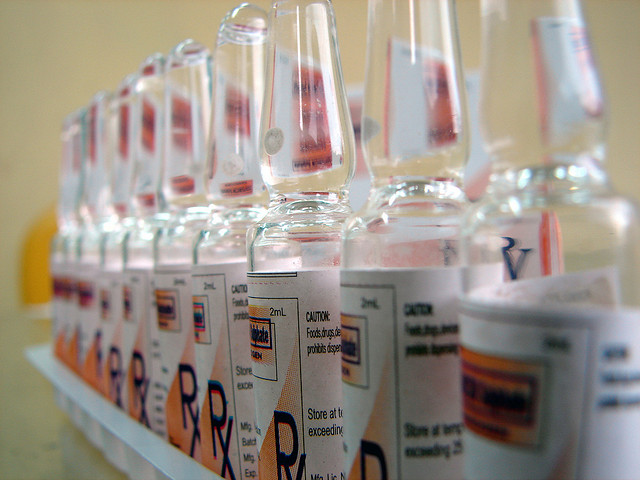Ok i do see the problem with my thinking as I have always felt as if the Drone was an Airplane and I am in it. So i never really made the separation to an ankle lock.
As far as the Drone Rage gun shooter coming to get me , that can happen at any time when I launch a drone at the lake in front of the entire beach or the parking lot and although its not out of the question its not viable for me.
I could just as easily create road rage on the highway as I could be careless with my drone and I feel my odds are better that I would experience Road Rage on the Road than flying in the Air .
The question for me is am i willing to give up my location to get the Benefits I want from my drone which is more freedom to make decisions within reason and the answer is YES % 100 .
You mention 4 Year and honestly , were moving much faster than that, I expect BVLOS to be in the ranks very very soon as small business and amazon our going to demand it. Covid may be a factor here.
Phantomrain.org
Coal











